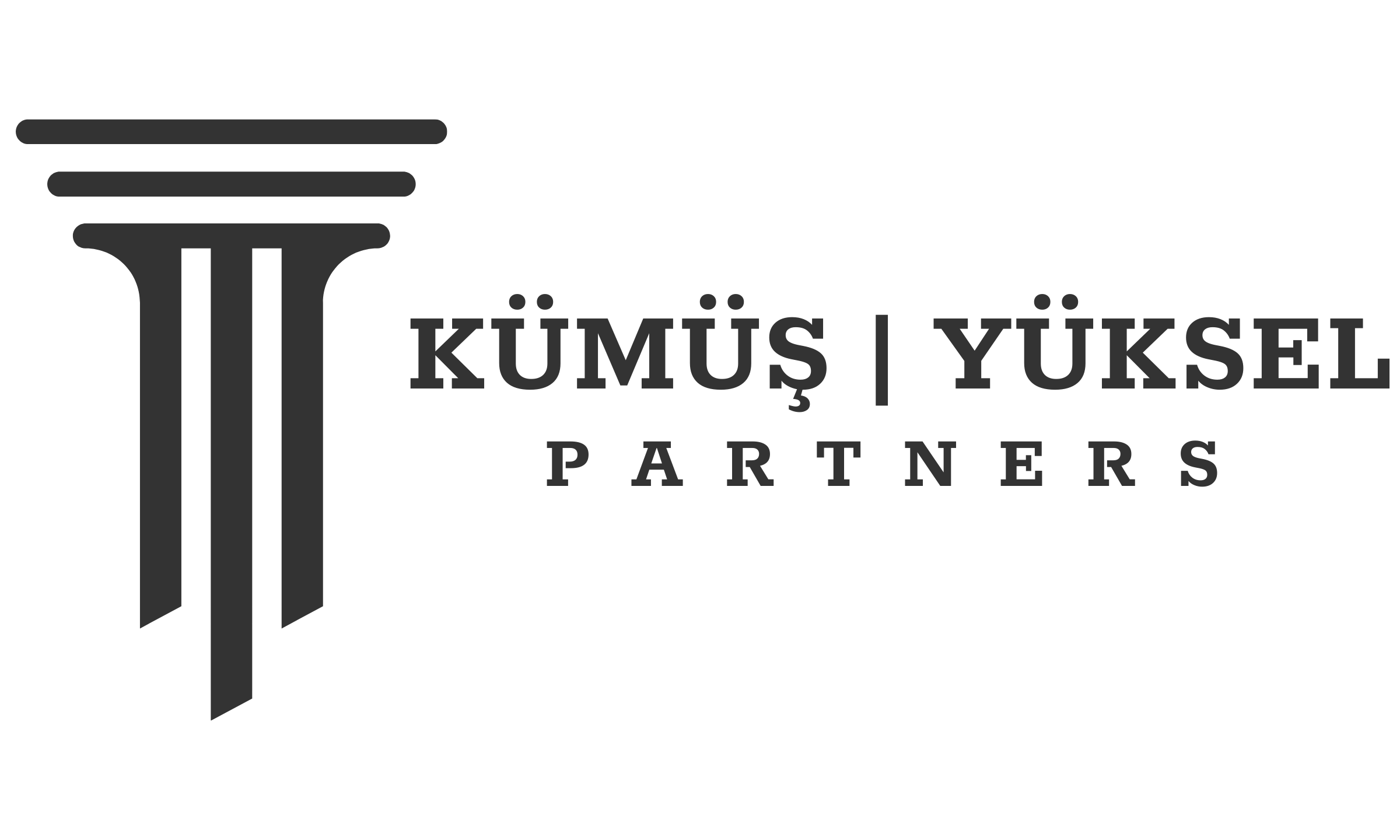Amendments to Income Tax, Corporate Tax, and VAT Introduced by Law No. 7524
1. Amendments to Tax Legislation Under Law No. 7524
Law No. 7524, which brings significant changes to tax legislation within the framework of the 2024-2026 Medium-Term Economic Program, was published in the Official Gazette No. 32620 on August 2, 2024. The law introduces a series of provisions, including a domestic minimum corporate tax, local and global minimum supplementary corporate taxes, and income tax exemptions related to stock acquisition plans for employees of technopreneurial companies.
2. Domestic Minimum Corporate Tax
Law No. 7524 adds Article 32/C to the Corporate Tax Law, stipulating that the corporate tax payable by corporate taxpayers cannot be less than 10% of the corporate profit before deductions for allowances and exemptions. This calculation will be based on adding non-deductible expenses to the commercial balance sheet profit. Additionally, the domestic minimum corporate tax will not apply to newly established companies for the first three years, offering tax advantages to new companies.
3. Other Income Tax and Corporate Tax Provisions
- Stock Acquisition Plans for Technopreneurial Companies
- Determining Income Tax Base Based on Daily Revenue
- Withholding Tax in Electronic Commerce Activities
Law No. 7524 introduces an income tax exemption for stock acquisition plans provided by technopreneurial companies to their employees, either for free or at a discounted rate. The income from the sale of acquired stock will be subject to income tax after a specified period.
A regulation introduced in Article 69 of the Income Tax Law stipulates that self-employed individuals will determine their income tax base by averaging the revenue obtained from their activities over certain periods. This rule will apply to both income tax and corporate tax payers.
A change in the regulation of electronic commerce includes withholding tax for payments made by intermediary service providers and electronic commerce platform providers for services they offer. This regulation will come into force on January 1, 2025.
4. Other Important Provisions
- Taxation of Income from Real Estate Investments by Investment Funds
- Tax Increase for Public-Private Partnership Projects
- Limitation on Tax Exemption for Free Zones
Investment funds investing in real estate will benefit from a corporate tax exemption linked to profit distribution. If 50% of the income from real estate investments is not distributed as dividends within a certain period, this income will be subject to corporate tax.
Companies involved in public-private partnership projects will be subject to a 30% corporate tax rate on their profits. This regulation will apply from 2025 and onwards.
Tax exemptions for businesses operating in free zones will be limited to profits derived from sales to foreign markets.
5. VAT Provisions
- VAT Rate Reductions
- VAT Exemption for Services Provided Abroad
- Scope of VAT Exemptions and Reduced Rates
Law No. 7524 has revised VAT rates for certain goods and services. From 2025 onwards, VAT rates will be reduced in some sectors, particularly in essential service sectors like healthcare and education. For example, the VAT rate for some healthcare services will be reduced to 1%.
The law stipulates the VAT exemption for certain services provided abroad. The law has clarified whether digital services (such as software services) provided abroad are subject to VAT. This provision will encourage more companies in the digital sector to expand their services internationally.
VAT taxpayers will be required to meet certain conditions to benefit from reduced rates. In certain production sectors, VAT rates on raw materials and intermediate goods will be reduced to 10%. However, stricter inspections will be implemented to prevent fraudulent tax reductions and fake invoices.
6. Other Important Provisions
- Tax Incentives for Foreign Investors
- Tax Audits and Penalties
- Combating Opportunistic Tax Practices
The law also includes provisions aimed at attracting foreign investments to Turkey, particularly in the fields of technology and green energy. Tax incentives will be provided for these investments, making Turkey more attractive to international investors.
Tax audits will increasingly utilize digital and electronic data. The use of e-invoice and e-ledger systems for audits is expected to help prevent tax evasion. This will streamline tax audits and make them more efficient.
The law introduces new regulations to combat opportunistic tax practices. These regulations aim to prevent tax evasion, particularly in situations where offshore companies report low income from their activities in Turkey. As a result, tax inspections will increase to prevent such practices.
